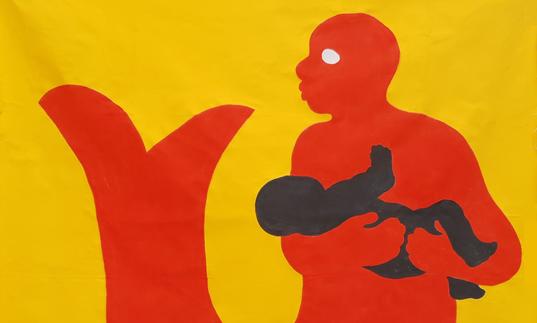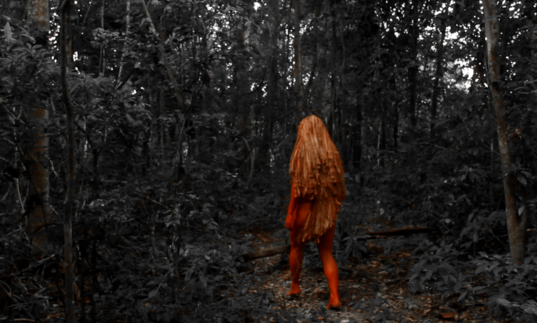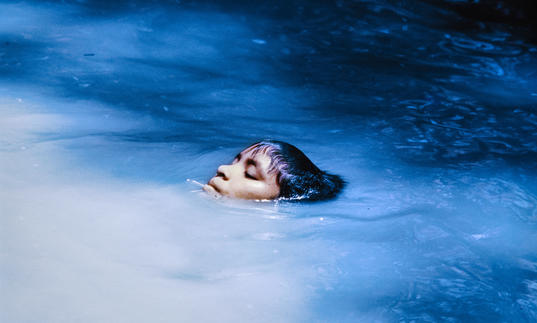
Watch now
Films
YWY, a androide [YWY, the Android], Pedro Neves Marques (7min), 2017.
Set in a present-future, YWY, an android impersonated by the Indigenous activist Zahy Guajajara, talks with a GMO corn crop in the agricultural interior of Brazil. In a moment of intimacy, the woman, whom we come to understand is a field worker, and the plants talk about bodily rights, infertility, labor and monocrops. As a human, the spectator is unable to hear the voice of corn, perceiving the dialogue as a weird monologue. The film’s script is inspired by the writing of Brazilian author João Guimarães Rosa, in which dialogues are often expressed through the voice of a single person rather than two or more



